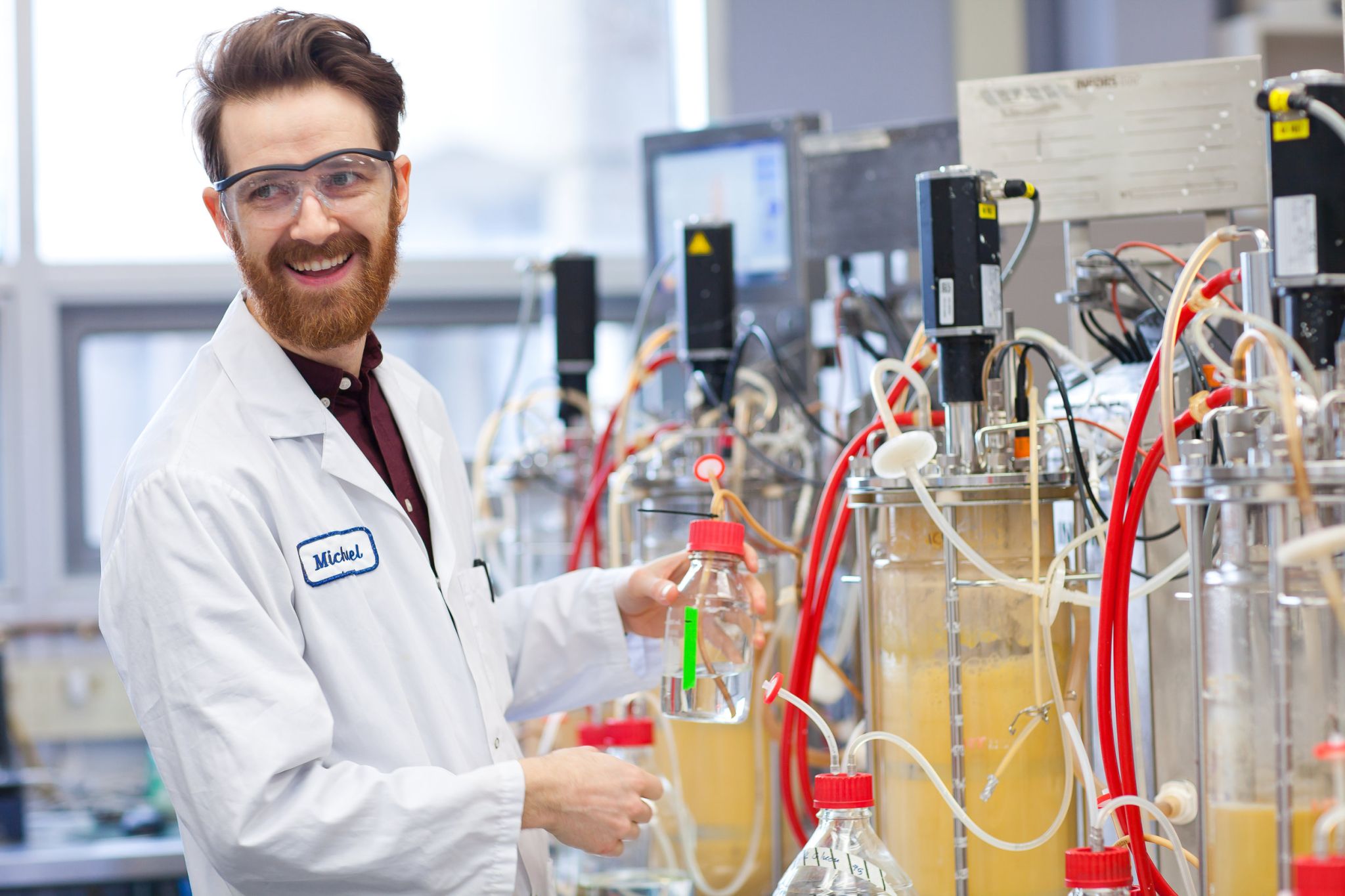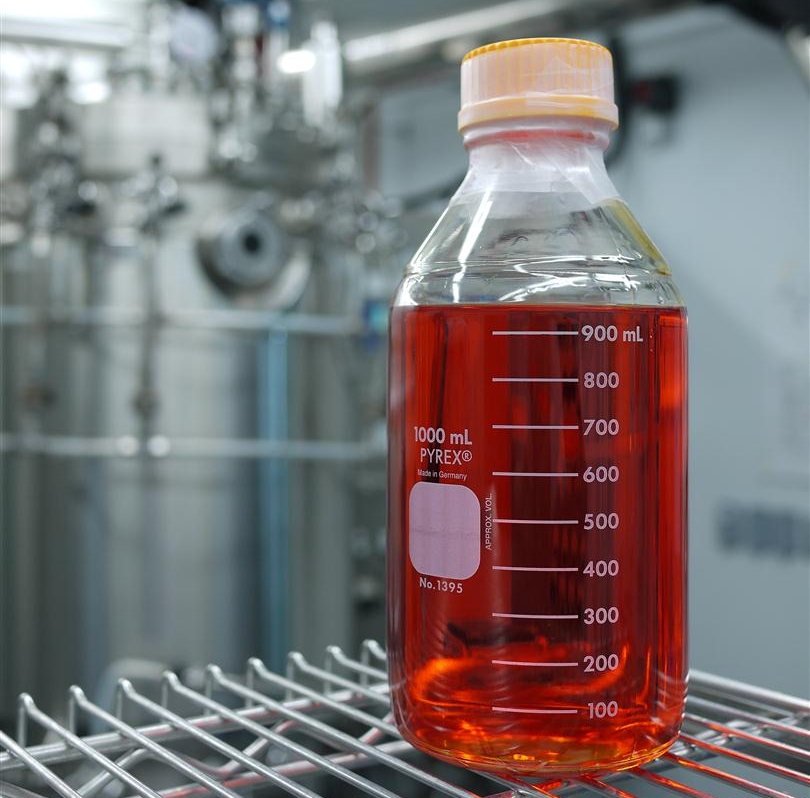
Canadian biotech firm Mara Renewables has raised $9.1M in funding to expand the production of its algae-based omega-3 DHA.
Nova Scotia-based Mara Renewables has piqued investors’ interest to the tune of $9.1M for its fish-free omega-3 fatty acid.
The funding came from S2G Investments, which is focused on scaling solutions across oceans, food and agriculture, and energy. It takes the company’s total raised past $51M, and will help it deepen its R&D capacity and expand its algae-based omega-3 platform.
“In our view, Mara is solving a fundamental supply chain challenge with precision and scale,” said Larsen Mettler, managing director of S2G’s oceans strategy. “They have built an end-to-end platform that delivers consistent, clean, and high-quality omega-3s without relying on depleted fisheries.”
Skipping the chain to go directly to the source

Founded in 2012 by Clearwater Seafoods co-founder John Risley, Mara Renewables is targeting a micronutrient lacking in many diets, but one whose supply strains the ocean’s resources.
According to the company, 85% of the global population is deficient in omega-3. However, as demand grows, leveraging its traditional source – wild-caught fish – is unsustainable and insufficient. Conventional omega-3 production relies on a long food chain, beginning with microalgae that are consumed by zooplankton, which are then eaten by fish, before ending up in our food chain.
Mara offers a fish-free alternative that eschews reliance on already stressed marine ecosystems by focusing on the original source: microalgae. It uses precision fermentation, a process that involves inserting DNA sequences into microbes and instructing them to produce desired molecules, allowing it to grow omega-3-rich microalgae in controlled environments.
Its microalgae contain DHA, an omega-3 lipid scientifically proven to support cognitive function, vision, cardiovascular performance and prenatal development, as well as reduce inflammation. A lack of DHA can result in fatigue, poor memory, depression, joint pains, and inhibited blood circulation.
“We are committed to transforming the way the world sources vital nutrients like omega-3s,” said Mara CEO Harry Boot “Our partnership with S2G strengthens our ability to meet growing global demand with reliable, high-quality alternatives that protect aquatic ecosystems, reduce reliance on wild fisheries, and support the health of people and animals alike.”
Can algal omega-3 change the fish-free seafood space?

Research shows that 75% of consumers are interested in new sources of omega-3. And according to the UN FAO, nearly 90% of the world’s fish stocks have been fully exploited, or are over-exploited or depleted. One study suggests that we could be heading towards a complete collapse of ocean life by 2048, driven primarily by overfishing for human consumption.
Meanwhile, a 2024 survey by the Marine Stewardship Council found that 30% of people had been eating less seafood in the last two years, with 48% concerned about overfishing and 35% worried about climate change impacts. At the same time, over 80% of people had changed their dietary habits in this period, and 43% are doing so for sustainability reasons.
Mara suggested that the demand for sustainable omega-3 sources is driven by health-conscious consumers and the micronutrients’ expanding applications in food, supplements and functional products. Addressing taste, convenience and product availability presents a way to close this nutritional gap without hurting the planet.
Alongside its subsidiaries, Algarithm and Humanative Limited, Mara offers microalgal omega-3s in formats spanning from crude and refined oils to concentrates, soft gels, and powders, which cater to the dietary supplements, infant nutrition, food and beverage, and animal health industries.
Through its vertically integrated platform, Mara supplied enough algae-based DHA to offset 6.7 billion anchovies from the supply chain in 2024 alone. It has also teamed up with biotech firm Checkerspot to develop sustainable alternatives to fish oil.
The company is now focusing on boosting its global manufacturing footprint through additional strategic partnerships, with the aim of making omega-3 a seamless part of people’s diets via easy-to-consume products.
It represents a major opportunity for the plant-based seafood industry. A recent review found that only 27% of vegan fish products list omega-3 on their nutritional labels, which is primarily sourced from ALA. “To better replicate the nutritional profile of seafood, plant-based alternatives should consider the inclusion of eicosapentaenoic acid (EPA) and docosahexaenoic acid (DHA) – for example, by using algae oil as a direct source,” the report recommended.
Mara is already banking on this opportunity. It is part of a C$1.9M project alongside Profillet, Ardra Inc, Mara Renewables, and Rondo North America to develop a vegan whitefish fillet, backed by Canada’s Ocean Supercluster.
The post Canada’s Mara Renewables Secures $9.1M to Scale Up Algae-Based Omega-3 appeared first on Green Queen.
This post was originally published on Green Queen.